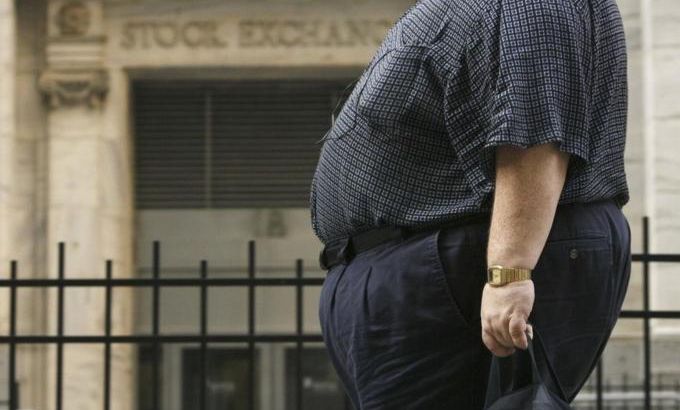Experts weigh causes of US obesity epidemic
In the city dubbed “the fattest in the US”, health advocates are fighting a battle against obesity.

McAllen, Texas – The epidemic of obesity that has spread through-out the United States since the mid-1990s is the result of many converging factors. Many people point to overeating and to specific foods, such as sugary sodas and fatty hamburgers as the cause of obesity. But in fact the epidemic has as much to do with changes in society and American family life as with the foods themselves.
Dr Deborah Parra-Medina, an obesity expert at the University of Texas health Sciences Center in San Antonio, has been studying the connections between how families are organized and childhood obesity. Most children these days have parents who work; stay-at-home moms or dads have become the exception rather than the norm.
Keep reading
list of 4 items‘Why should we vote?’ India’s jute workers blame politicians for woes
California farmworkers cheer new housing in town scarred by mass shooting
Russia’s Putin eyes greater support from China for Ukraine war effort
“Moms aren’t home to greet the children with the snack and to prepare the healthy meal, Parra-Medina says. “Mom and dad are both working and they’re rushing home and oftentimes they rely on fast food to get something quick to the kids who are hungry.”
Highly scheduled after-school activities and sports also may make it nearly impossible for families to sit down for traditional, healthy meals.
Fast food
“They’re rushing to softball practice or baseball practice or these sorts of things, so there’s no time. So, they really rely on fast food, which is a problem,” Parra-Medina says.
|
“Today I just saw a child who had hypertension, hyper-lipedemia, fatty liver, acanthosis nigricans ( a swelling of the skin that is a symptom of type II diabetes), and a strong family history of diabetes“ – Licia Reinosa, pediatric dietician |
Fast food is also cheap—cheaper than an equivalent amount of food that is healthy, like fruits and vegetables. That’s one reason why obesity is strongly associated with poverty in the US.
McAllen, Texas is not only the poorest metropolitan area in the US; it is also, according to federal statistics, the fattest. McAllen pediatric dietician Licia Reinosa has seen a shocking number of obese children, some showing the signs of obesity related disease at a very young age.
“Today I just saw a child who had hypertension, hyper-lipedemia, fatty liver, acanthosis nigricans ( a swelling of the skin that is a symptom of type II diabetes), and a strong family history of diabetes,” Reinosa said, during an interview in her office. The child, Reinosa said, was only 12 years old. “I am shocked and I’m frustrated and sad,” Reinosa said, “because I know, that child won’t get to be a senior (citizen).”
Changing behaviours
Children’s lives are different today than they were a generation ago. There is much less physical activity for many children. Stoked by often sensational media coverage, fear of crime, or of sexual predators, has led many parents to keep their children on a short leash.
Whereas a generation or two ago kids were encouraged to simply go outside and play, “It doesn’t happen anymore,” says Parra-Medina. “People don’t feel safe in the neighborhoods. And may not be a local park down the street where the kids can go play as well. That’s a cultural shift. Twenty years ago most children walked to school. Nowadays almost all children are driven to school, either through a bus or their parents.”
Another McAllen physician dealing with high numbers of obese patients beleives only a full-scale mobilization of society will stem the epidemic. Pediatrician Dr Luis Rodriguez says the country should tackle obesity with the same multi-pronged effort that was used against cigarette smoking.
“There was strong coordinated plan where all the segments of the society was involved, (including) the government and the media”, Rodriguez says. “Even the producers of the cigarettes were eventually forced to become involved in the campaign against smoking. I think we need something like that, something really very, very strong, if we’re going to try to prevent this epidemic of obesity.”